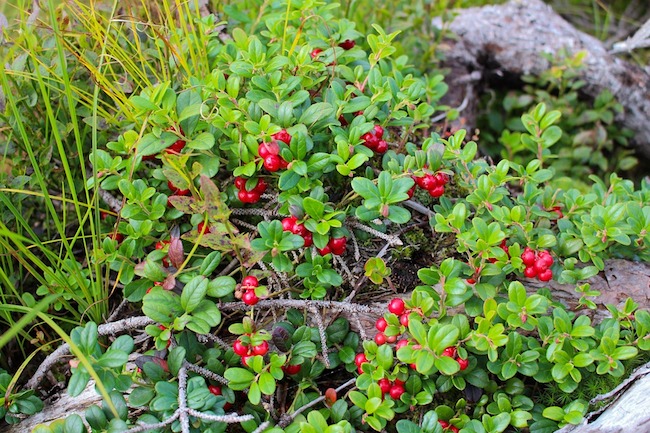Can This Berry Juice Help Blood Pressure and Inflammation? by Dr. Joseph Mercola for Mercola
Many people enjoy eating berries and they are certainly good for you. Berries are low in calories, high in fiber and contain vitamins C and E, folic acid, calcium, selenium, alpha and beta carotene and lutein. Better yet, their phytochemicals contain valuable polyphenols and flavonoids including anthocyanins and ellagitannins.1
Anthocyanin is a natural pigment in fruits and vegetables that has been shown in studies to lower your risk of cardiovascular disease and contain anticancer, anti-inflammatory, antimicrobial and antioxidant properties.2 It also has been found to aid in the treatment of certain types of cancer and diabetes.
Still, when it comes to eating fruit, Americans often choose apples, pears, bananas, melons, citrus fruits and grapes over anthocyanin-rich berries. When they do consume berries, they often limit themselves to blackberries, black raspberries, blueberries, cranberries, red raspberries and strawberries.3
In Scandinavia, it is a different story. There, people often enjoy lingonberries (Vaccinium vitis-idaea L.), an evergreen shrub also called cowberry, foxberry and mountain/rock cranberry.
Lingonberries offer the same health benefits as other anthocyanin-rich berries and more. For example, due to their reported antiviral and anti-inflammatory properties, lingonberries traditionally have been used in the treatment of gonorrhea, dysuria, diarrhea and periodontitis.4 Research also found lingonberries may reduce cardiovascular disease risks.5
Lingonberries Improved Blood Pressure and Vascular Function
In a doctoral dissertation study presented at the University of Helsinki,6 lingonberry juice was found to have positive effects on blood pressure, vascular function and inflammatory markers in rats with high blood pressure. Lingonberry juice significantly lowered high blood pressure and prevented the “expression of genes associated with low- grade inflammation in the aorta,” Sci News reported.7
Lingonberry juice with a greater concentration of polyphenols also improved the function of blood vessels that were impaired and restored them to the level seen with healthy blood vessels. What were the actions that caused the apparent improvements? This is what study author Anne Kivimäki hypothesized:
“Underlying the effect is probably the reduction of low-grade inflammation as well as mechanisms related to the renin-angiotensin system, a central regulator of blood pressure, and the availability of nitric oxide, a local endothelial vasodilating factor.”8
Kivimäki wrote:9
“After lingonberry juice treatment, serum levels of both angiotensin II and alkaline phosphatase were lower than in the control groups. Possible anti-inflammatory and anti-thrombotic effects were present due to the reduced gene expression of cyclooxygenase 2 (COX2), monocyte chemoattractant protein 1, p-selectin and vascular cell adhesion molecule 1.
… The lingonberry treatment lowered gene expression of COX2 in the aorta, and increased COX2 protein expression in the kidney cortex macula densa, possibly indicating that inducible COX2 had been inhibited whereas the important constitutive COX2 was maintained by lingonberry treatment.
Molecular docking studies conducted with flavonoid structures indicated that kaempferol may exert inhibitory effects on COX2 … Furthermore, lingonberry possesses anti-inflammatory properties, which may well contribute to its ability to reduce blood pressure and improve vascular function.”




